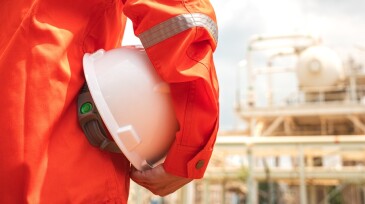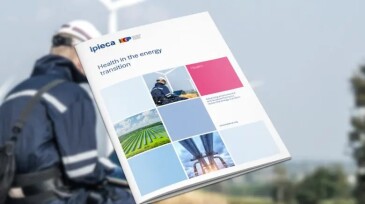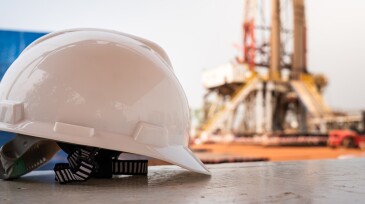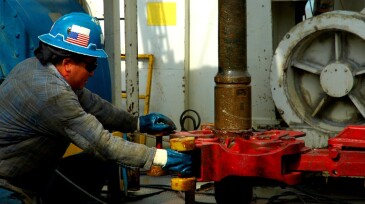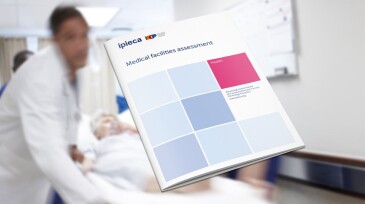International Association of Oil and Gas Producers
-
The update increases the guidance’s focus on creating a just energy transition.
-
Members of the International Association of Oil and Gas Producers reported 32 fatalities and a 26% jump in hours worked in 2024, which lowered the rate by 0.03 per million hours worked.
-
The report presents data from 35 participating member companies.
-
The revised report provides upstream oil and gas operators with a framework and guidelines to help select and deploy methane emissions detection and quantification technologies.
-
A new publication from Ipieca and the International Association of Oil and Gas Producers presents a health-focused roadmap for navigating the energy transition.
-
This paper presents a comprehensive synthesis of available research evaluating the influence of gamification on cognitive, motivational, and behavioral learning outcomes.
-
IPIECA and IOGP have released two new guides—a recommended practice for drug testing and a guidance for managing infectious disease outbreaks.
-
This paper explores the use of human-factors analysis and classification systems in comprehending hand and finger injuries in the oil and gas industry.
-
The report provides a checklist for medical professionals to assess local health facilities by guiding them through key elements that should be considered.
-
A Safety Leadership Academy planned by SPE, IOGP, and CEDEP aims to strengthen leadership and safety culture with the goal of changing the safety paradigm and making zero harm a reality.
Page 1 of 7


